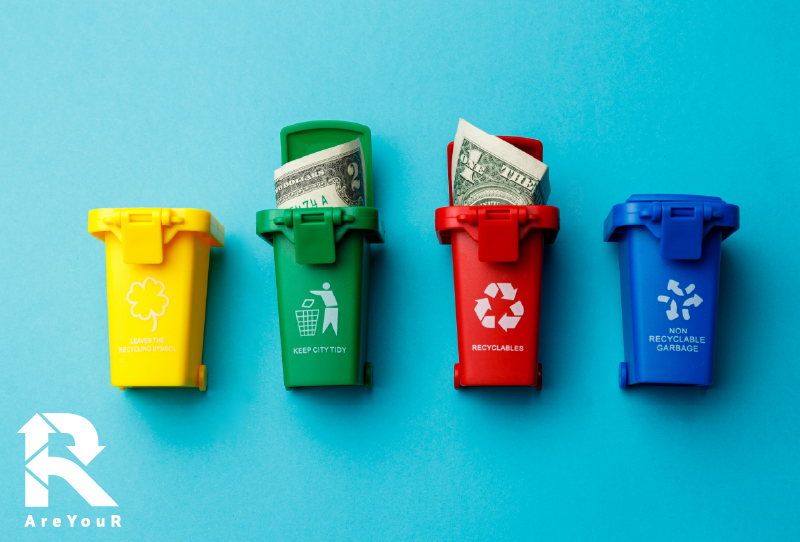Is recycling plastic worthwhile? Based on the figures, the answer is yes. However, it is important to
note that recycling does incur costs. Nevertheless, it is significantly more advantageous—both environmentally and economically—than producing materials from virgin resources.
- How Much Does It Cost to Produce Virgin Plastic?
Virgin plastic originates from fossil fuels, including oil and natural gas. The production process involves:
- Extraction of raw materials;
- Refining;
- Polymerization;
- Transport and processing.
On average, producing one tonne of virgin plastic costs between €800 and €1,200. This cost can vary based on the type of polymer used and fluctuations in the global hydrocarbon market, as reported In this article. Additionally, we must consider the environmental impact: according to the European Environment Agency, the production of each tonne of virgin plastic generates approximately 1.7 to 3.5 tonnes of CO₂ emissions.
- How Much Does Plastic Recycling Cost?
Mechanical recycling includes the following steps:
- Waste collection and sorting;
- Polymer separation;
- Washing, grinding, and regeneration.
The overall cost of this recycling process typically ranges from €400 to €600 per tonne, depending on the quality of the input material and the efficiency of the recycling plant, as highlighted in industry studies and a recent report by the Italian Federazione Gomma Plastica. While mechanical recycling requires a considerable amount of energy, it is still more effective than producing new plastics from virgin resources.
Additionally, when comparing mechanical to chemical recycling, mechanical recycling stands out as being more affordable, feasible, and more widely adopted, serving as the foundation for the current European post-consumer plastic management system.
- What is the value of the recycled material?
Recycled plastic granules (such as R-PET, R-PP, R-HDPE, etc.) have a variable but increasingly significant market value. In many instances, their price can range from €700 to €1,000 per tonne, depending on the purity and type of polymer.
The demand for recycled plastics is growing in various sectors, including:
- Food packaging;
- Textiles and fashion (e.g., PET fibers);
- Street furniture and industrial design;
- Automotive and componentry.
- The Benefits of Investing in Mechanical Recycling
- For the environment: it reduces CO₂ emissions, lowers oil consumption, and helps prevent waste.
- For the industry: it fosters a local and traceable value chain.
- For citizens: it cuts down waste management costs and generates jobs.
Plastic recycling should not just be seen as an expense, but as an investment in our future. Mechanical recycling is indeed the most effective, economical, and sustainable option for giving new life to post-consumer plastic.
By implementing separate collection systems effectively, we can significantly increase the benefits. The more efficiently we recycle, the greater the advantages for people, the environment, and future generations.

